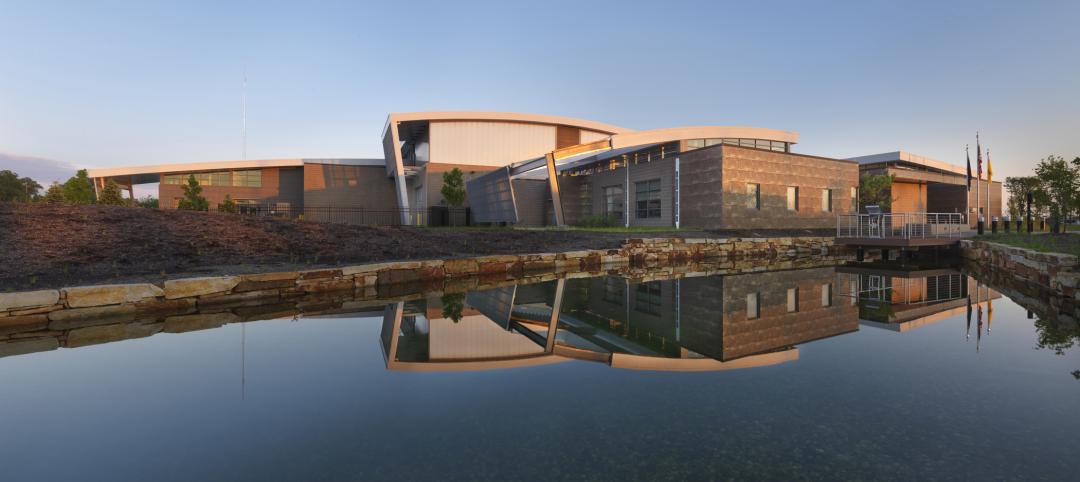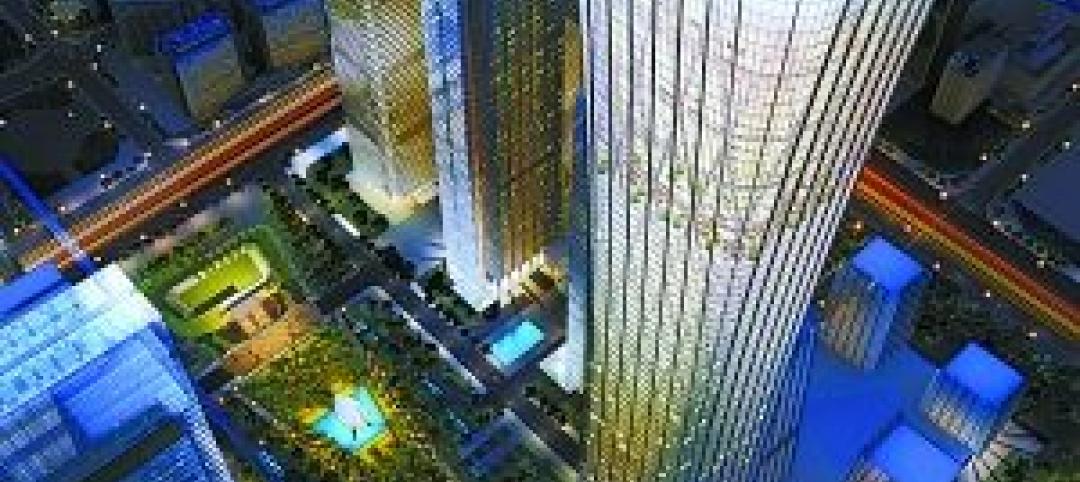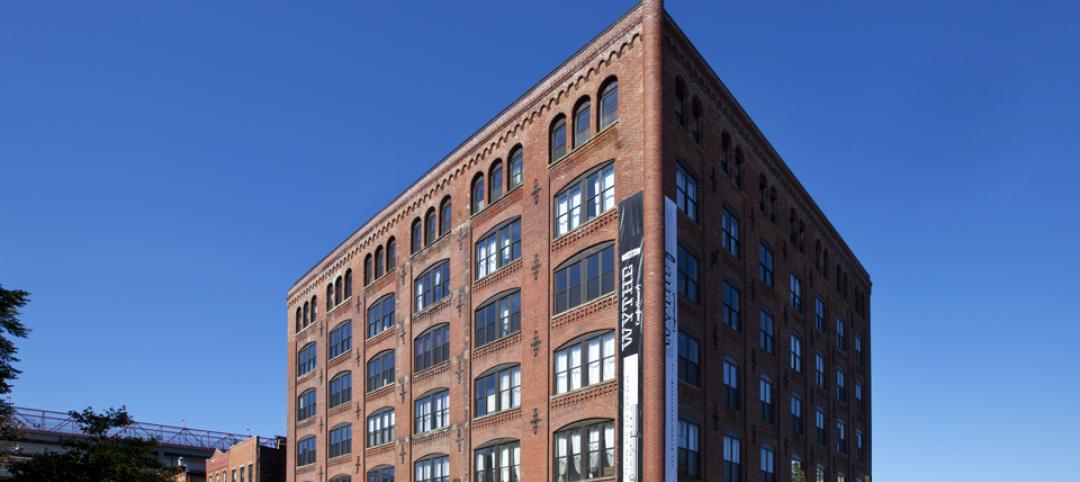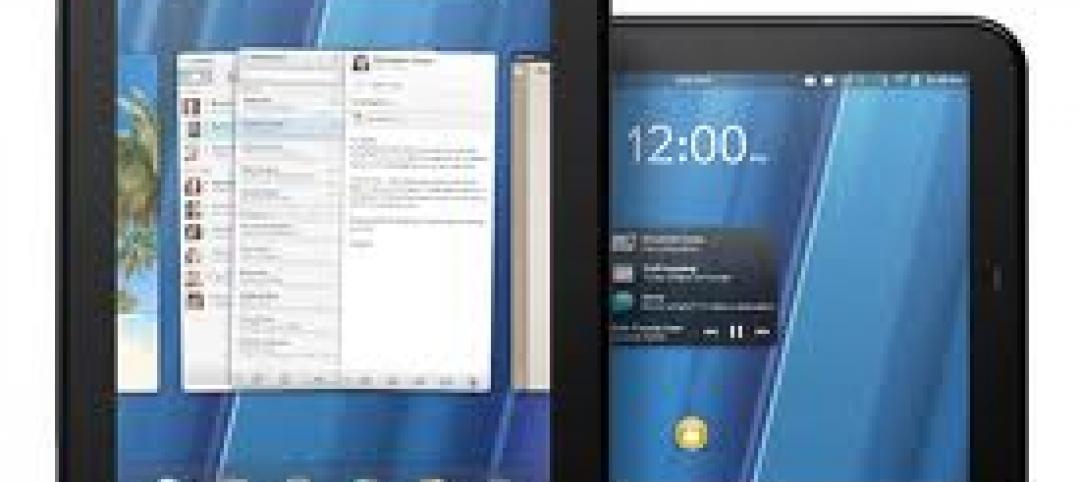Washington, DC (November 11, 2010) – This month, the total footprint of commercial projects certified under the U.S. Green Building Council’s (USGBC) LEED Green Building Rating System surpassed one billion square feet. Another six billion square feet of projects are registered and currently working toward LEED certification around the world.
“This traction demonstrates the transformation of the way we design, build and operate buildings,” said Rick Fedrizzi, President, CEO and Founding Chair, USGBC. “Not only does green building contribute to saving energy, water and money, it also creates green jobs that will grow and energize our economy.”
The milestone is a testament to the global effort to meet USGBC’s vision that buildings and communities will regenerate and sustain the health and vitality of all life within this generation. LEED is the preeminent program for the design, construction and operation of high-performance green buildings.
“The impact of these one billion square feet can be seen in communities around the world,” said Peter Templeton, President of the Green Building Certification Institute, the certifying body for LEED projects. “The use of LEED represents a growing global commitment to improving our built environment for future generations.”
Since it was first introduced to the marketplace in 2000, over 36,000 commercial projects and 38,000 single-family homes have participated in LEED. By consuming less energy, LEED-certified buildings save money for families, businesses and taxpayers; reduce greenhouse gas emissions; and contribute to healthier environments for residents, workers and the community.
U.S. Green Building Council
The USGBC community is transforming the way we build, design and operate our buildings for healthier places that save precious resources for people to live, work, learn and play in. UGSBC is helping create buildings and communities that regenerate and sustain the health and vitality of all life within a generation. Headquartered in Washington, D.C., the Council is the driving force of the green building industry, which is projected to contribute $554 billion to the U.S. gross domestic product by 2013. USGBC leads a diverse constituency of builders and environmentalists, corporations and nonprofit organizations, elected officials, concerned citizens, teachers and students. The USGBC community comprises 80 local chapters, 17,000 member companies and organizations, and more than 155,000 individuals who have earned LEED Professional Credentials. Visit www.usgbc.orghttp://www.usgbc.org for more information.
About GBCI
The Green Building Certification Institute (GBCI) provides third-party confirmation that specific criteria related to LEED building certification and LEED professional credentialing have been met. To underscore this commitment, GBCI is undergoing the American National Standards Institute (ANSI) accreditation process for personnel certification agencies complying with International Organization for Standardization (ISO) Standard 17024. Early in 2009, GBCI assumed responsibility for administering the LEED building certification program for the more than 36,000 commercial projects seeking third-party verification of compliance with the industry's leading green building rating system. For more information, please visit www.gbci.org.
Related Stories
| Sep 7, 2011
KSS Architects wins AIA NJ design award
The project was one of three to win the award in the category of Architectural/Non-Residential.
| Sep 7, 2011
Administration, Maintenance and Operations Facility in South Bend achieves LEED Platinum
The facility achieved 52 LEED points, including those for site selection, energy, materials and resources and innovation.
| Sep 6, 2011
Construction on Beijing's tallest building starts next week
The 108 floor mixed-use skyscraper consists of offices, apartments, hotels and shopping malls on the lower floors.
| Aug 31, 2011
Sebastopol, Cailf., invites designers to submit ideas for renewing city center
The goal of The Core Project is to explore how the physical presence of Sebastopol can become a more economically thriving and aesthetically vibrant place, reflecting the naturally beauty of the region and the character of the community.
| Aug 31, 2011
Wythe Confectionary renovation in Brooklyn completed
Renovation retains architectural heritage while reflecting a modern urban lifestyle.
| Aug 24, 2011
Deadline Extended: 2012 "Best AEC Firms to Work For” Awards
We’re looking for firms that create truly positive workplaces for their AEC professionals and support staff. In other words, this awards program will recognize those AEC firms that nurture and develop their most valuable asset—their people.
| Aug 23, 2011
Acoustical design education model
Pass this exam and earn 1.0 AIA/CES Discovery learning units. You must go to www.BDCnetwork.com/EnhancedAcousticalDesign to take this exam.
| Aug 19, 2011
Thought Leader: Boyd R. Zoccola, chair and chief elected officer of BOMA International
Boyd R. Zoccola is Chair and Chief Elected Officer of BOMA International. A BOMA member since 1994, he has served on the Executive, Finance, Investment, and Medical/Healthcare Facilities Committees. An Indiana Real Estate Principal Broker and a board member of the Real Estate Round Table, he is Executive Vice President of Hokanson Companies, Inc., of Indianapolis, and has been involved in the development of $600 million worth of real estate. On a volunteer basis, Zoccola was president of Horizon House and a board member of Girls, Inc. He holds a BA in biology from Indiana University.
| Aug 19, 2011
How and why AEC professionals choose flooring systems
Design and construction professionals who completed our flooring survey had strong opinions about their preferred flooring type.















